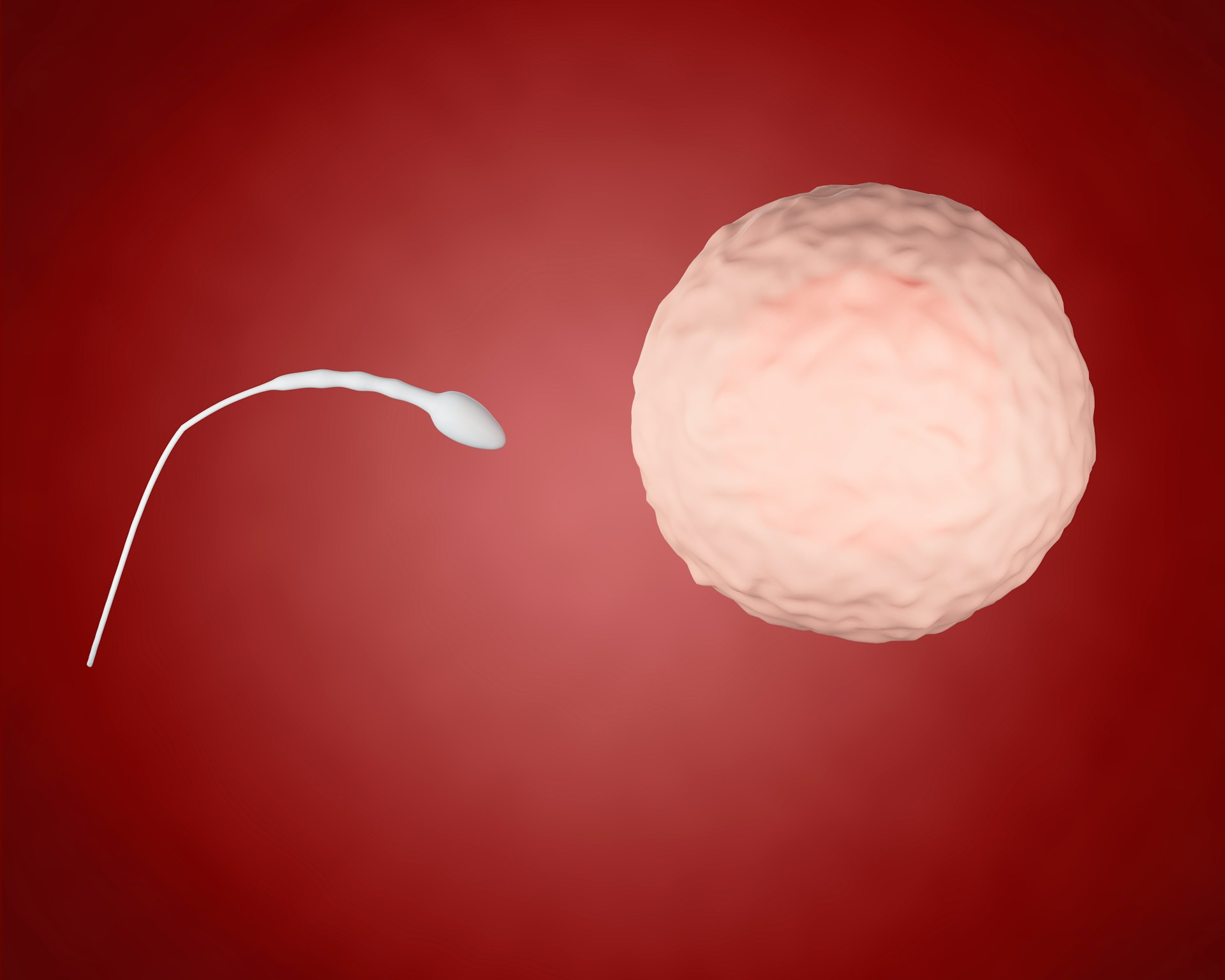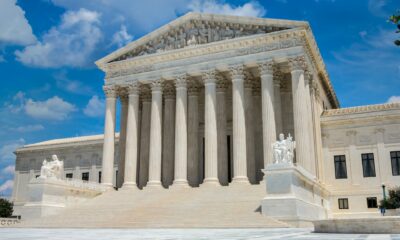Health
January 1, Alabama Halts IVF Treatments Amid Embryo Rights Ruling Controversy

The largest hospital in Alabama has put a pause on its in-vitro fertilization (IVF) treatments, following a ruling by the state’s supreme court that embryos have the same rights as “unborn children,” according to the Associated Press. This decision has raised concerns about potential criminal charges or damages that could be faced by patients or staff involved in IVF services.
The Division of Reproductive Endocrinology and Infertility at the University of Alabama at Birmingham reportedly announced the suspension of IVF services on Wednesday. Savannah Koplon, a spokesperson for the hospital, expressed regret over the situation, stating, “We are saddened that this will impact our patients’ attempt to have a baby through IVF.”
Dr. Michael C. Allemand, a reproductive endocrinologist at Alabama Fertility, shared his emotional response to the court’s decision. He said he felt “disbelief, denial, all the stages of grief.” Allemand also highlighted the potential impact of the ruling on families, stating, “The moments that our patients are wanting to have by growing their families — Christmas mornings with grandparents, kindergarten, going in the first day of school, with little backpacks — all that stuff is what this is about. Those are the real moments that this ruling could deprive patients of.”
The Medical Association of Alabama has also weighed in on the court’s ruling. In a statement, the association warned that the decision could lead to “fewer babies — children, grandchildren, nieces, nephews, and cousins — as fertility options become limited for those who want to have a family.” They also noted that the ruling has already forced the University of Alabama at Birmingham, the state’s largest healthcare system, to stop providing IVF services, and predicted that others will likely follow suit.
This ruling comes in the wake of lawsuits filed in 2021 by three couples against the Mobile Infirmary Medical Center and the Center for Reproductive Medicine. The couples alleged wrongful death, negligence, and breach of contract after their frozen embryos were accidentally destroyed. According to the complaints, a patient at the Mobile hospital accessed the area where the embryos were stored, removed them from the freezer, and dropped them, resulting in the death of all the embryos.
Justice Jay Mitchell, in his decision, clarified that the state’s Wrongful Death of a Minor Act “applies to all unborn children, regardless of their location.” He further stated, “The Wrongful Death of a Minor Act is sweeping and unqualified. It applies to all children, born and unborn, without limitation. It is not the role of this Court to craft a new limitation based on our own view of what is or is not wise public policy.”
Justice Greg Cook was the only dissenting voice, expressing concerns that the ruling could impact IVF treatments. He stated, “No court — anywhere in the country — has reached the conclusion the main opinion reaches. And, the main opinion’s holding almost certainly ends the creation of frozen embryos through in vitro fertilization (‘IVF’) in Alabama.”
Why It Matters (op-ed)
The Alabama Supreme Court’s ruling that embryos are children is a monumental victory for the pro-life movement. This decision reaffirms the sanctity of human life from its very beginning, giving embryos the rights they deserve.
Unfortunately, this ruling has led to the suspension of IVF treatments at the state’s largest hospital. While this may be disheartening for some, it is a necessary step in ensuring the protection of unborn children.
The Medical Association of Alabama’s concerns about limited fertility options are misguided. Instead of mourning the potential loss of IVF services, we should celebrate the recognition of human life at its most vulnerable stage.
As our loyal readers, we encourage you to share your thoughts and opinions on this issue. Let your voice be heard and join the discussion below.

-

 Entertainment2 years ago
Entertainment2 years agoWhoopi Goldberg’s “Wildly Inappropriate” Commentary Forces “The View” into Unscheduled Commercial Break
-

 Entertainment2 years ago
Entertainment2 years ago‘He’s A Pr*ck And F*cking Hates Republicans’: Megyn Kelly Goes Off on Don Lemon
-

 Featured2 years ago
Featured2 years agoUS Advises Citizens to Leave This Country ASAP
-

 Featured2 years ago
Featured2 years agoBenghazi Hero: Hillary Clinton is “One of the Most Disgusting Humans on Earth”
-

 Entertainment2 years ago
Entertainment2 years agoComedy Mourns Legend Richard Lewis: A Heartfelt Farewell
-

 Featured2 years ago
Featured2 years agoFox News Calls Security on Donald Trump Jr. at GOP Debate [Video]
-

 Latest News2 years ago
Latest News2 years agoSupreme Court Gift: Trump’s Trial Delayed, Election Interference Allegations Linger
-

 Latest News2 years ago
Latest News2 years agoNude Woman Wields Spiked Club in Daylight Venice Beach Brawl
Elaine Carol Osborne
February 27, 2024 at 8:36 am
I rejoice in this ruling. Too often conservative views are overlooked by willfully ignorant liberals. Alabama’s judges will be blessed by God and the whole state will prosper under this ruling.
Diane Leemans Kelley
February 27, 2024 at 11:22 am
Someone help me understand why recognizing an embryo as a living being prevents IVF services from continuing?
Joan
April 7, 2024 at 3:37 pm
It does not prevent IVF services from continuing. I understand that IVF was and is still being provided in North Alabama. I don’t understand why people don’t just individually freeze their eggs and sperm (as Lance Armstrong did). This all started when a patient at the hospital walked into an unlocked room where she lifted the container of frozen embryos and then dropped it on the floor. The “parents” of the destroyed embryos sued. It should have just been a case of liability on the part of the IVF facility. Why didn’t the facility just pay the claim? Its appears that the Alabama Supreme Court is trying to save the frozen embryos from being kept in “suspended animation” for years, and then if they are no longer wanted or needed, they can be flushed down the toilet! One obviously very affluent pregnant woman interviewed on WBRC Fox 6 News said that she had 10 frozen embryos stored throughout Alabama and the child she is expecting is an IVF child. There are programs such as “Adopt an Embryo” which saves the unwanted embryos. But in a world where some people think it is okay to have an abortion up to the time of birth of a child, it is not surprising that some of these same people who own these frozen embryos fight over the possession of them in a divorce as though they were inanimate possessions like furniture or pensions.